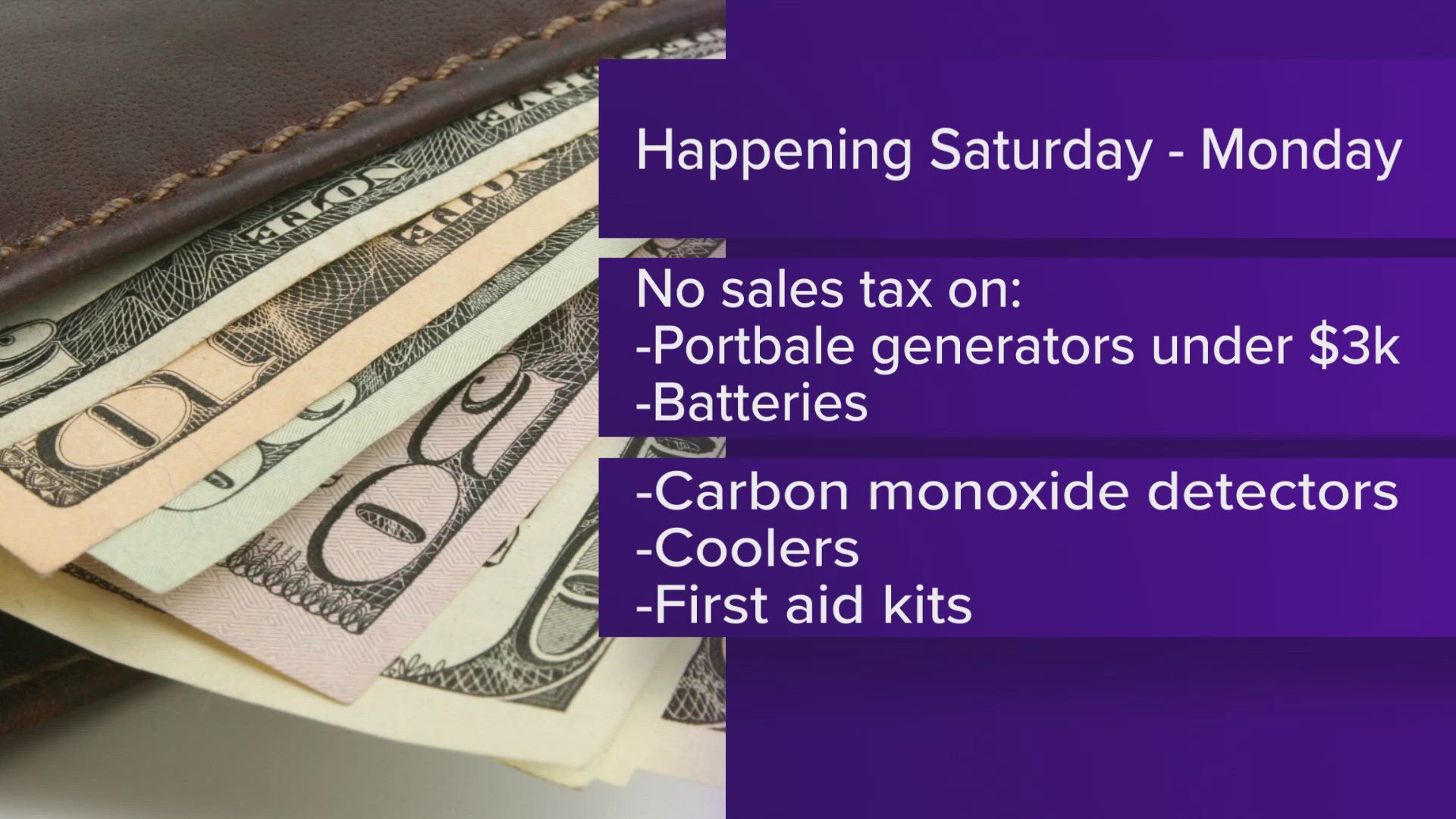CULTUREMAP - City officials are looking at requiring private employers in Austin to provide paid sick days for their workers. Opponents, however, are sickened by the thought of paid sick leave becoming mandatory.
Promoters of the concept say an estimated 37 percent of workers at private employers in Austin — or about 223,000 people — lack paid sick time. That includes 20 percent of middle-income workers in Austin.
In Austin, the lack of paid sick time is especially acute for part-time workers. Locally, only 27 percent of those who work fewer than 35 hours a week have access to paid sick leave, according to data cited by the Institute for Women’s Policy Research. Among full-time workers, it’s 71 percent.
By contrast, 87 percent of Austin workers at state and local government agencies have access to paid sick time, the institute says.
For several weeks, city officials have been gathering public input about the plan. Austin’s city manager is supposed to deliver results of the feedback process to the city council by December 5, and the council is expected to act on the proposal early next year.
Across the country, 33 cities and eight states have passed mandates for paid sick leave, according to Work Strong Austin, the alliance that launched the campaign seeking paid sick time for local workers.
Neither Texas nor federal law requires private employers to provide paid sick leave, according to the Texas Workforce Commission. However, federal law dictates that any private employer with at least 50 workers must offer unpaid sick leave.
Backers of the sick-time initiative in Austin say local workers who don’t have paid sick days are suffering financially.
“Austin workers are building our high-rises, they are welcoming travelers to our city, and they help drive our city’s economy and health,” says Jose Garza, executive director of the Workers Defense Project. “And at the same time, Austin workers are struggling to pay their bills, they are struggling to pay rent, they are struggling to provide for their children. They are working harder and harder every single day, only to be left behind by this growing city.”
Work Strong Austin estimates 65 percent to 75 percent of local workers holding down construction, service, and maintenance jobs don’t have paid sick time.
“Too many Austinites are struggling to just get by,” says Austin City Council Member Greg Casar, who is leading the push for paid sick leave. “No one should have to choose between taking care of a sick child and paying the rent.”
Barbary Brunner, CEO of the Austin Technology Council, an advocacy group for tech companies in the region, agrees with Casar’s sentiment about paid sick leave but disagrees with his approach.
Rather than adopting a one-size-fits-all fix regarding paid sick days, Brunner says solutions should be tailored to individual business sectors.
Tech employers in Austin largely embrace generous policies for paid sick days and other paid time off, Brunner says, and really shouldn’t be covered by a wide-ranging ordinance on paid sick days. She acknowledges industries like retail, restaurants, and construction offer “imperfect solutions” for sick leave and other paid time off, but she believes those disparities should be addressed on their own.
This story originally appeared on CultureMap Austin. For the full story, click here.


